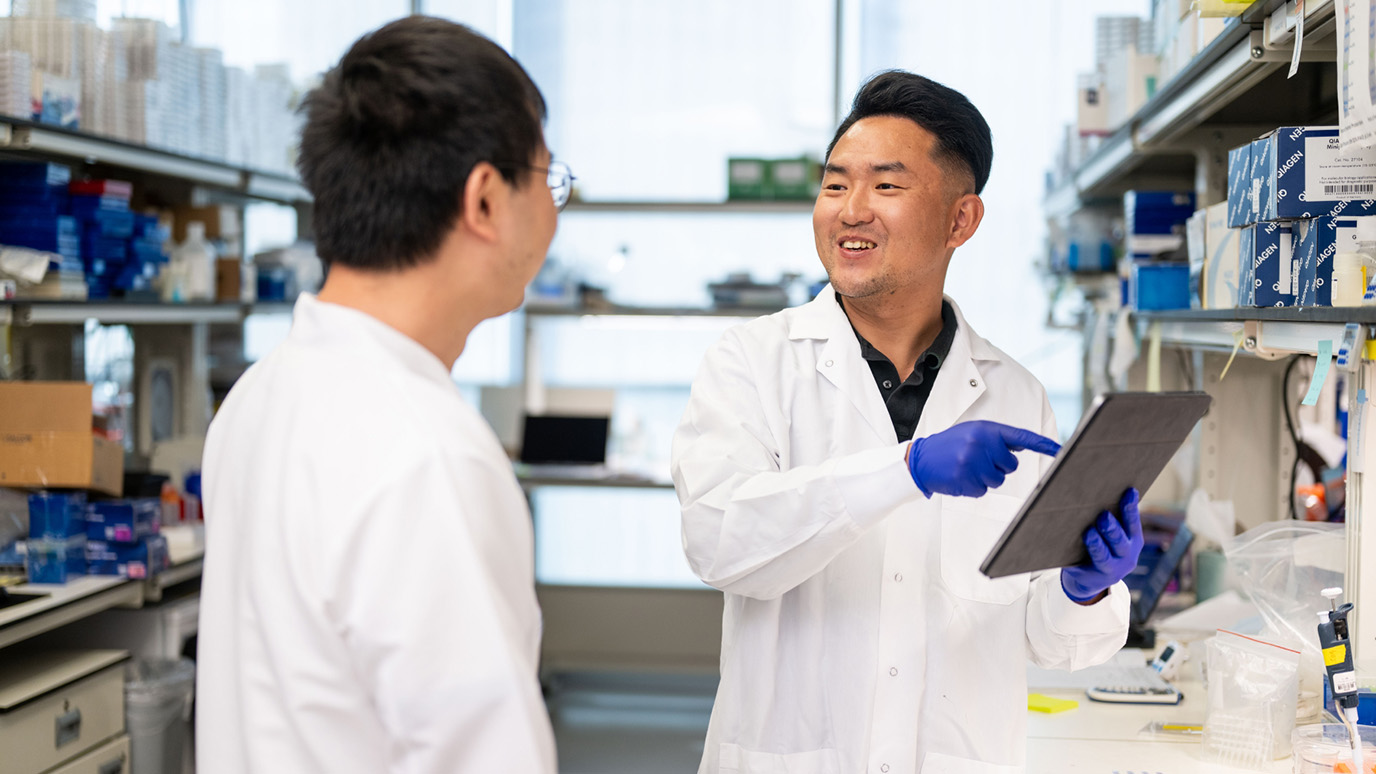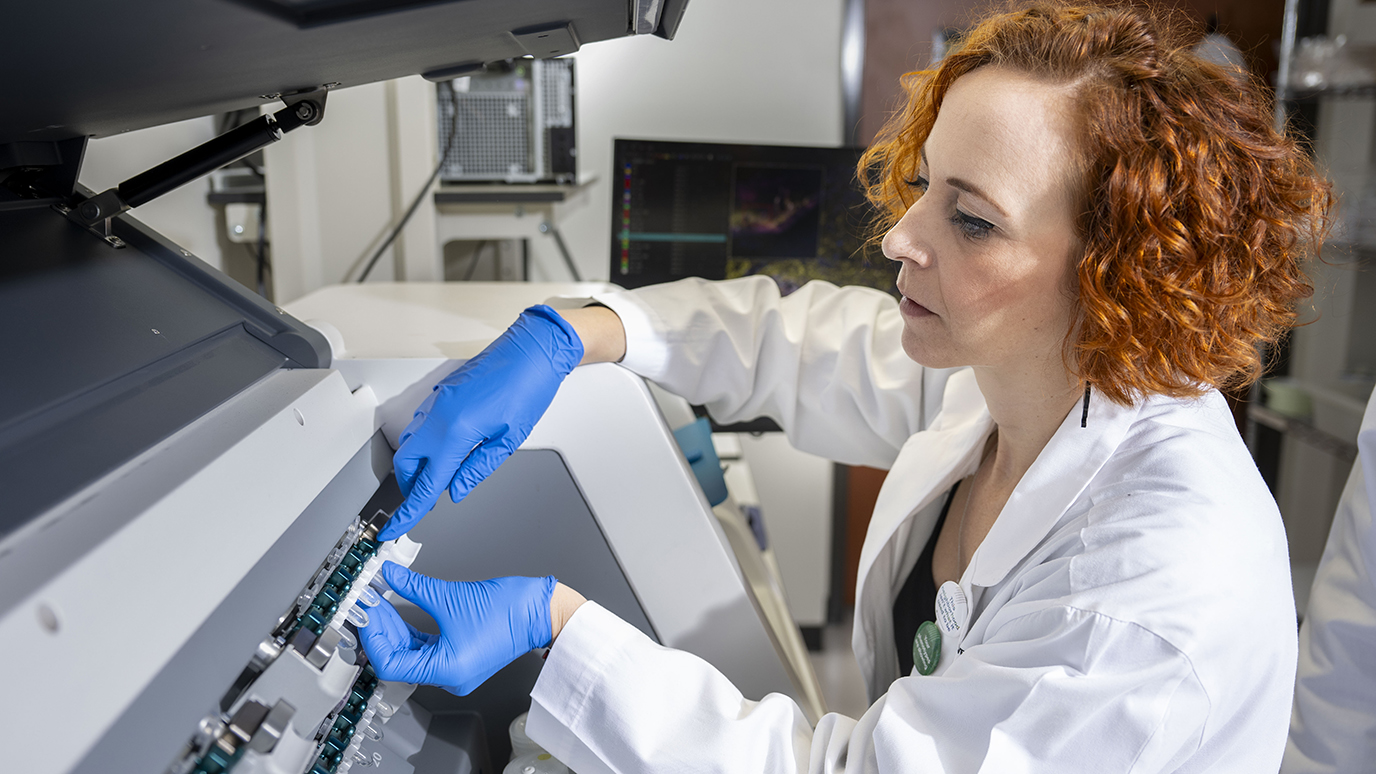- Diseases
- Acoustic Neuroma (14)
- Adrenal Gland Tumor (24)
- Anal Cancer (66)
- Anemia (2)
- Appendix Cancer (16)
- Bile Duct Cancer (28)
- Bladder Cancer (68)
- Brain Metastases (28)
- Brain Tumor (228)
- Breast Cancer (712)
- Breast Implant-Associated Anaplastic Large Cell Lymphoma (2)
- Cancer of Unknown Primary (4)
- Carcinoid Tumor (8)
- Cervical Cancer (154)
- Colon Cancer (164)
- Colorectal Cancer (110)
- Endocrine Tumor (4)
- Esophageal Cancer (42)
- Eye Cancer (36)
- Fallopian Tube Cancer (6)
- Germ Cell Tumor (4)
- Gestational Trophoblastic Disease (2)
- Head and Neck Cancer (6)
- Kidney Cancer (124)
- Leukemia (344)
- Liver Cancer (50)
- Lung Cancer (288)
- Lymphoma (284)
- Mesothelioma (14)
- Metastasis (30)
- Multiple Myeloma (98)
- Myelodysplastic Syndrome (60)
- Myeloproliferative Neoplasm (4)
- Neuroendocrine Tumors (16)
- Oral Cancer (98)
- Ovarian Cancer (172)
- Pancreatic Cancer (166)
- Parathyroid Disease (2)
- Penile Cancer (14)
- Pituitary Tumor (6)
- Prostate Cancer (144)
- Rectal Cancer (58)
- Renal Medullary Carcinoma (6)
- Salivary Gland Cancer (14)
- Sarcoma (234)
- Skin Cancer (294)
- Skull Base Tumors (56)
- Spinal Tumor (12)
- Stomach Cancer (60)
- Testicular Cancer (28)
- Throat Cancer (90)
- Thymoma (6)
- Thyroid Cancer (98)
- Tonsil Cancer (30)
- Uterine Cancer (78)
- Vaginal Cancer (14)
- Vulvar Cancer (18)
- Cancer Topic
- Adolescent and Young Adult Cancer Issues (20)
- Advance Care Planning (10)
- Biostatistics (2)
- Blood Donation (18)
- Bone Health (8)
- COVID-19 (362)
- Cancer Recurrence (120)
- Childhood Cancer Issues (120)
- Clinical Trials (622)
- Complementary Integrative Medicine (22)
- Cytogenetics (2)
- DNA Methylation (4)
- Diagnosis (224)
- Epigenetics (6)
- Fertility (62)
- Follow-up Guidelines (2)
- Health Disparities (14)
- Hereditary Cancer Syndromes (122)
- Immunology (18)
- Li-Fraumeni Syndrome (8)
- Mental Health (116)
- Molecular Diagnostics (8)
- Pain Management (64)
- Palliative Care (8)
- Pathology (10)
- Physical Therapy (18)
- Pregnancy (18)
- Prevention (882)
- Research (384)
- Second Opinion (74)
- Sexuality (16)
- Side Effects (598)
- Sleep Disorders (10)
- Stem Cell Transplantation Cellular Therapy (216)
- Support (404)
- Survivorship (324)
- Symptoms (182)
- Treatment (1764)
For carriers of Lynch syndrome, an elevated cancer risk runs in the family
2 minute read | Published October 11, 2017
Medically Reviewed | Last reviewed by an MD Anderson Cancer Center medical professional on October 11, 2017
When Craig Bunk began experiencing severe abdominal pain, blood loss and fatigue, his family doctor thought a stomach ulcer was to blame. Bunk wasn’t so sure.
“My brother Blake died at age 21 from colorectal cancer,” he says. “The disease runs in our family, so I wanted a second opinion.”
Bunk knew just who to call: Patrick Lynch, M.D., a longtime professor of Gastroenterology at MD Anderson. Lynch had treated Blake before his death and identified the genetic mutation that caused the young man’s cancer. Then he’d tested Blake’s family members for the same faulty gene. The results? Blake’s brothers and father had also inherited the mutation that causes a condition known as Lynch syndrome. Named for Lynch’s physician father, Henry Lynch, who helped discover it, the genetic disorder greatly elevates cancer risk.
Constant vigilance
Bunk, now 50, was 35 when his cancer hit, typical of the young age at which most Lynch syndrome patients are diagnosed with cancer.
“Most genetically associated cancers occur by age 50 or younger,” Lynch explains. “Some patients with Lynch syndrome get the same cancer more than once, or develop different cancers at different times.”
Careful, frequent monitoring is the key to treatment.
“We want to catch cancer early when it’s curable,” Lynch says, “or even better, prevent it from happening altogether. With Lynch syndrome, constant vigilance is required.”
Lynch syndrome patients begin colonoscopies at age 20 to 25. People at average risk start at age 50. Lynch syndrome patients repeat their colonoscopies every two years until age 40, then yearly thereafter. People at average risk have colonoscopies once every 10 years.
“Studies show that Lynch syndrome patients who have colonoscopies every couple of years lower their chances of colorectal cancer by 60 percent,” Lynch explains. “During colonoscopies we can detect potentially precancerous growths known as polyps and remove them before they develop into colon cancer.”
Underdiagnosed
“Knowing you have Lynch syndrome is half the battle,” Lynch says. “The other half is doing something about it with frequent screenings to prevent cancer or catch it early.”
Yet most people from Lynch syndrome families don’t realize they have it.
“That’s a problem,” says Lynch, “because they’re not taking precautions that can save their lives, such as getting their colons checked more frequently and at younger ages.”
Lynch syndrome affects men and women equally, and parents with the mutation have a 50 percent chance of passing it to their children.
“But if you don’t know you have the defective gene, you’re unwittingly passing it on to the next generation,” Lynch says.
Finding these unknowing Lynch syndrome carriers, he says, could save lives and countless cancer treatment dollars.
Read more about Lynch's campaign to raise Lynch syndrome awareness in Conquest magazine. He’s working with software developers to create a program that enables family histories to be collected online, making outreach to at-risk relatives easier.
Related Cancerwise Stories

photo by Wyatt McSpadden





